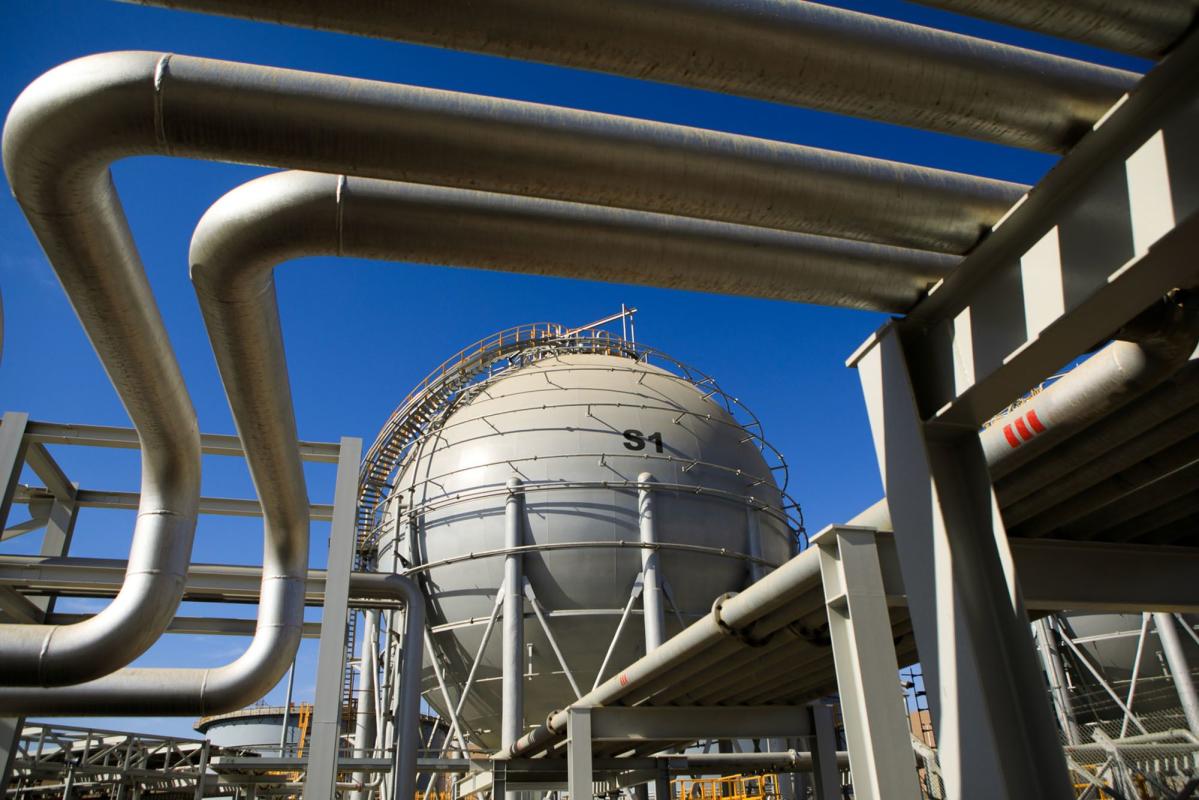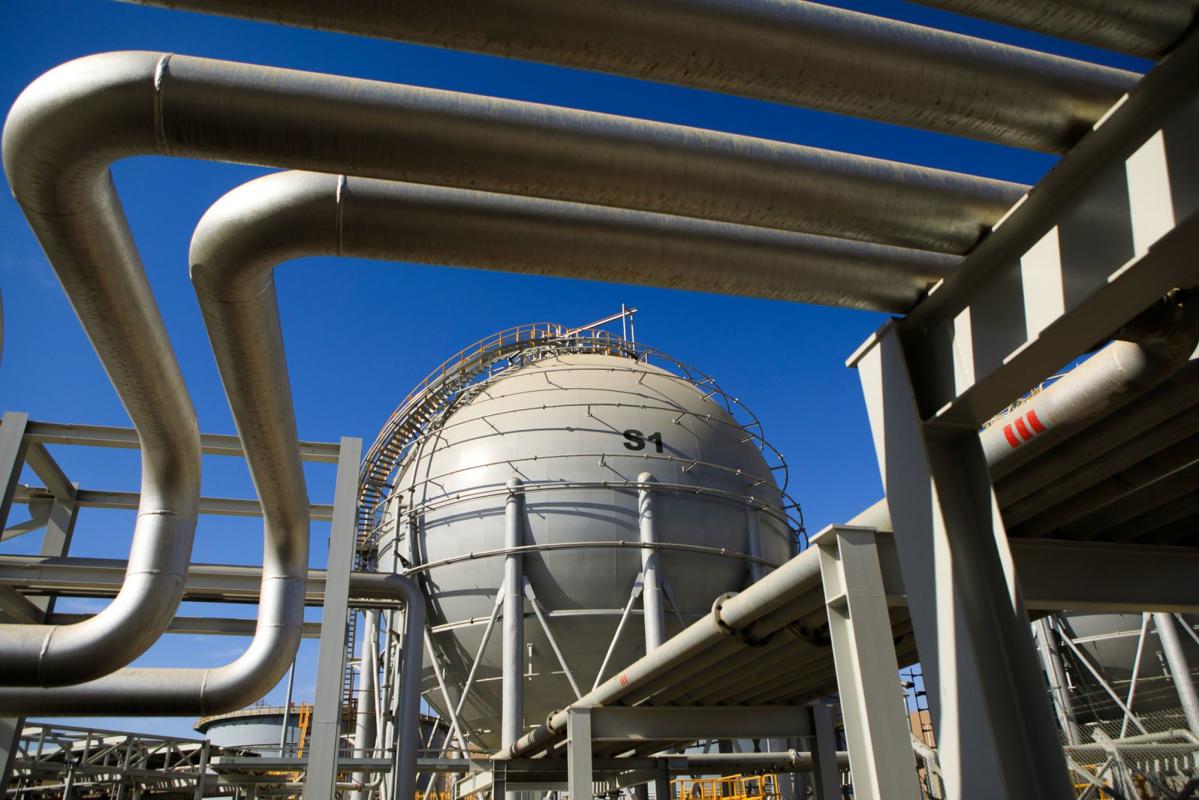
(Bloomberg) — Germany’s plan to impose a levy on gas consumers faces delays, raising doubts about whether one of the government’s key efforts to stabilize its energy sector will come into force as planned.
Most Read from Bloomberg
Proposed by Economy Minister Robert Habeck, the measure was due to go to cabinet for approval on Wednesday, but was removed at short notice because a number of government departments hadn’t signed off. New hurdles over the revised version have also emerged.
The Economy Ministry still aims to implement the disputed levy — designed to compensate companies for soaring prices — starting on Oct. 1, but time is running out and even allies in Habeck’s Green party have doubts.
The gas levy “will neither be imposed nor distributed by Oct. 1,” said Ingrid Nestle, the leading energy lawmaker for the Greens in the lower house of parliament, adding that funds could still be collected retroactively.
The levy has been mired in controversy since it was first floated in August. Germany’s energy system needs money to offset the fallout from Russia’s move to slash gas deliveries, but Habeck’s plan sparked infighting in Chancellor Olaf Scholz’s coalition over concerns companies unaffected by surging prices could apply for the funds.
Habeck, who’s also vice chancellor, promised to make sure aid wouldn’t be paid to “freeloaders.” The measure involves a levy on gas consumption of 2.419 cents per kilowatt hour, with the proceeds used to help stop suppliers — including Uniper SE, Germany’s biggest importer of Russian gas — from going bust.
EU Eyes Rationing, Moves to Aid Collateral Crunch: Energy Update
His new proposal is also running into trouble. Legal experts have doubts that a law exempting certain energy companies from state aid would be constitutional, according to an official close to the discussions, who asked not to be identified because the matter is confidential.
The state of Bavaria is also opposed to the current proposal, according to a parliamentary resolution seen by Bloomberg.
“In the current form, the gas levy would also help such companies that actually don’t need the money, because they are not in danger of insolvency,” Bavaria said in the resolution.
Even more controversial is Habeck’s plan to widen the scope of the levy to consumers who use district heating as well as those with long-term gas contracts.
About 6 million households are connected to plants that distribute heat to nearby homes, according to lobby group AGFW. Natural gas has a share of about 56% of this market. It’s unclear how authorities would be able to distinguish between different customers.
The change means the law faces a more complicated approval process. In addition to the lower house, it would require a vote in the upper house, which represents states’ interests. Bavaria plans to vote against it in the Bundesrat and will present a proposal to block the legislation on Friday.
Read more: Germany Confirms Expansion of Loan Guarantees for Energy Firms
The planned levy also hasn’t received a green light yet from the European Commission, which has to approve state aid in the fossil fuel sector, according to the Greens’ Nestle.
With all the hurdles, Nestle said it’s “unlikely” that the law — especially the definition over which companies would benefit — will be ready in time for the next Bundesrat plenary on Oct. 7. That would force the government to further delay it or revise it later.
While the levy remains bogged down, Scholz’s cabinet on Wednesday approved a temporary reduction in sales tax for gas deliveries. The Finance Ministry said the move will help offset the impact of the gas levy as well as market prices forced higher by Russia’s moves to squeeze supplies.
According to the draft legislation, the value-added tax rate for gas will drop to 7% from 19% from Oct. 1 until the end of March 2024. The government expects companies will pass on the tax savings to consumers.
Most Read from Bloomberg Businessweek
©2022 Bloomberg L.P.




